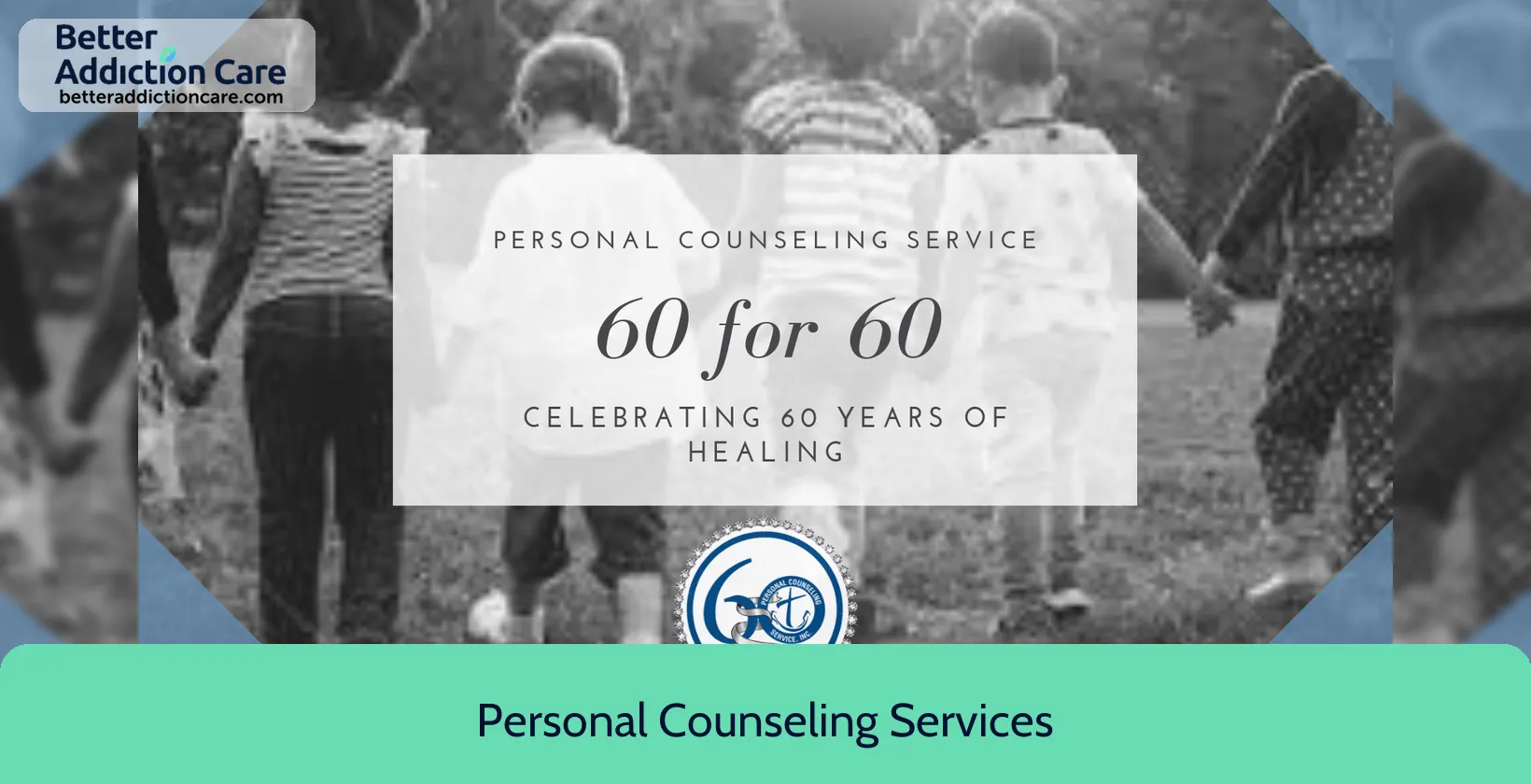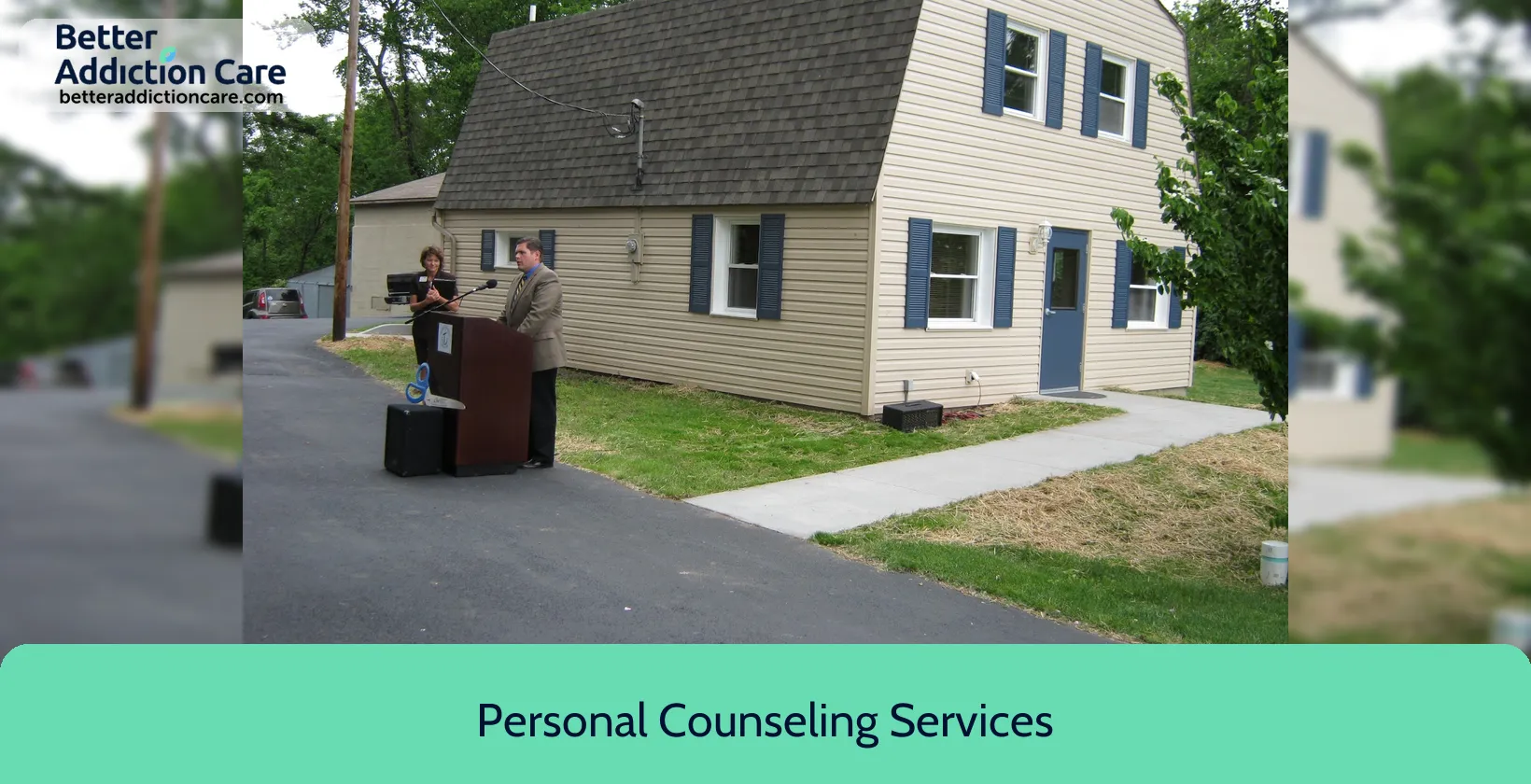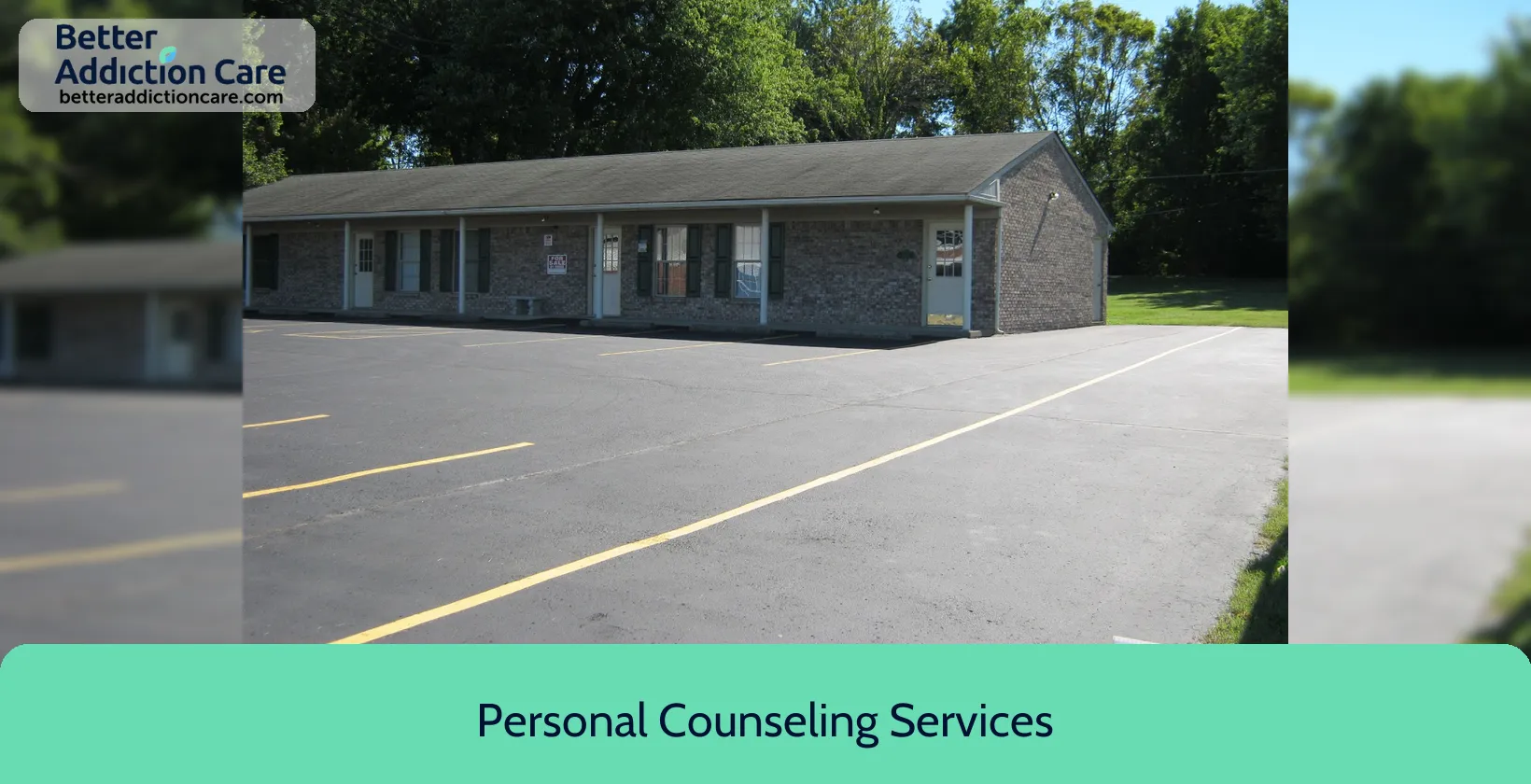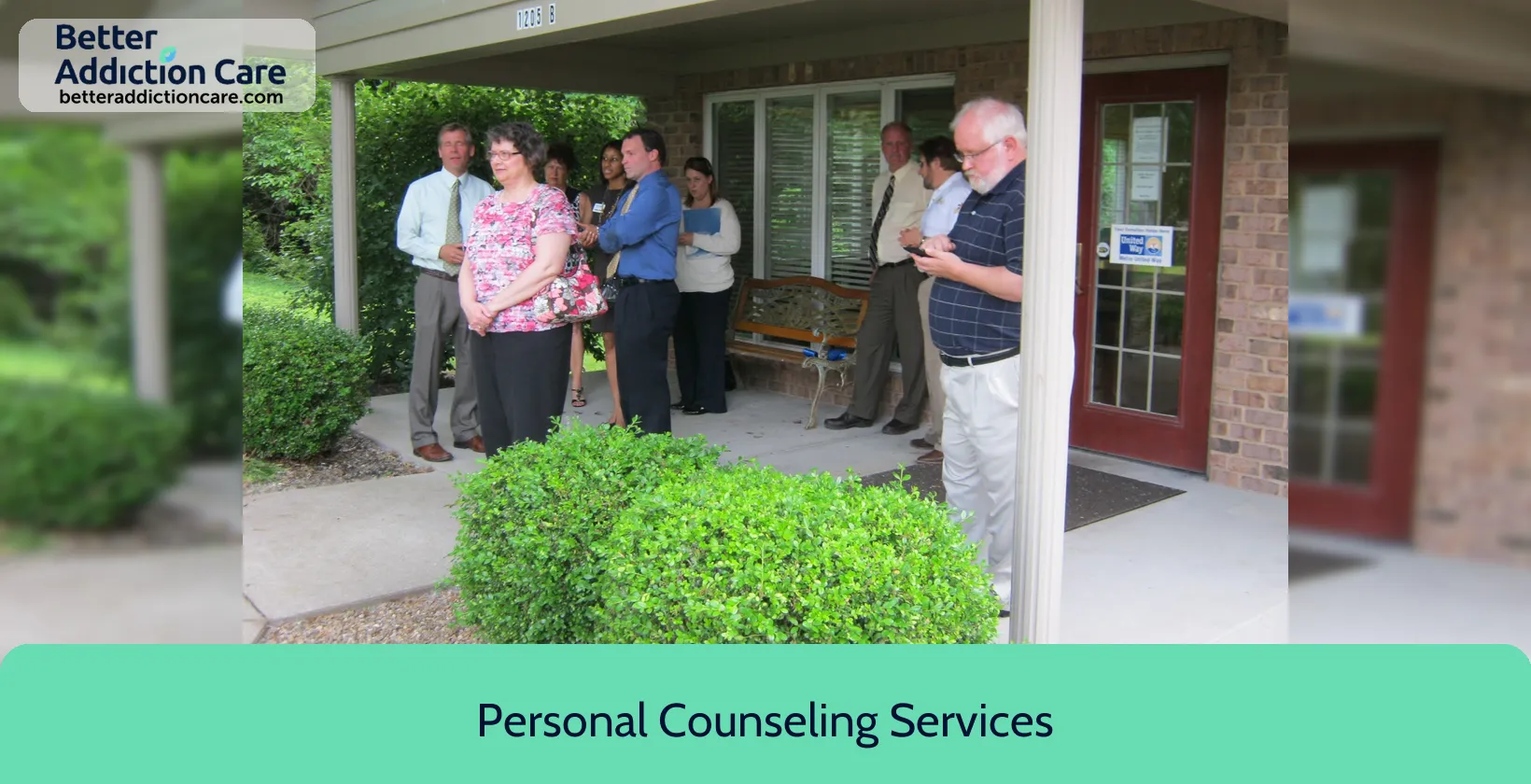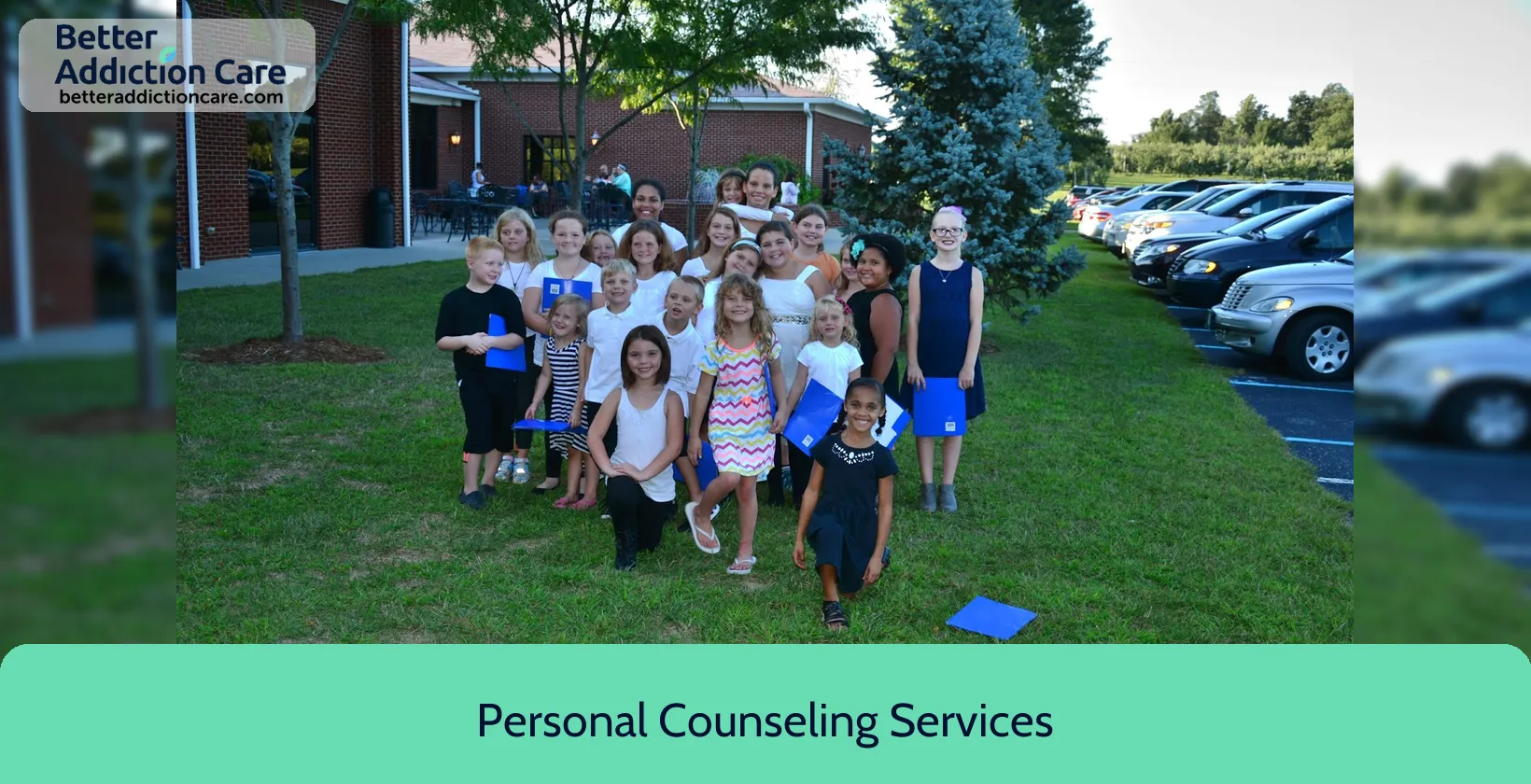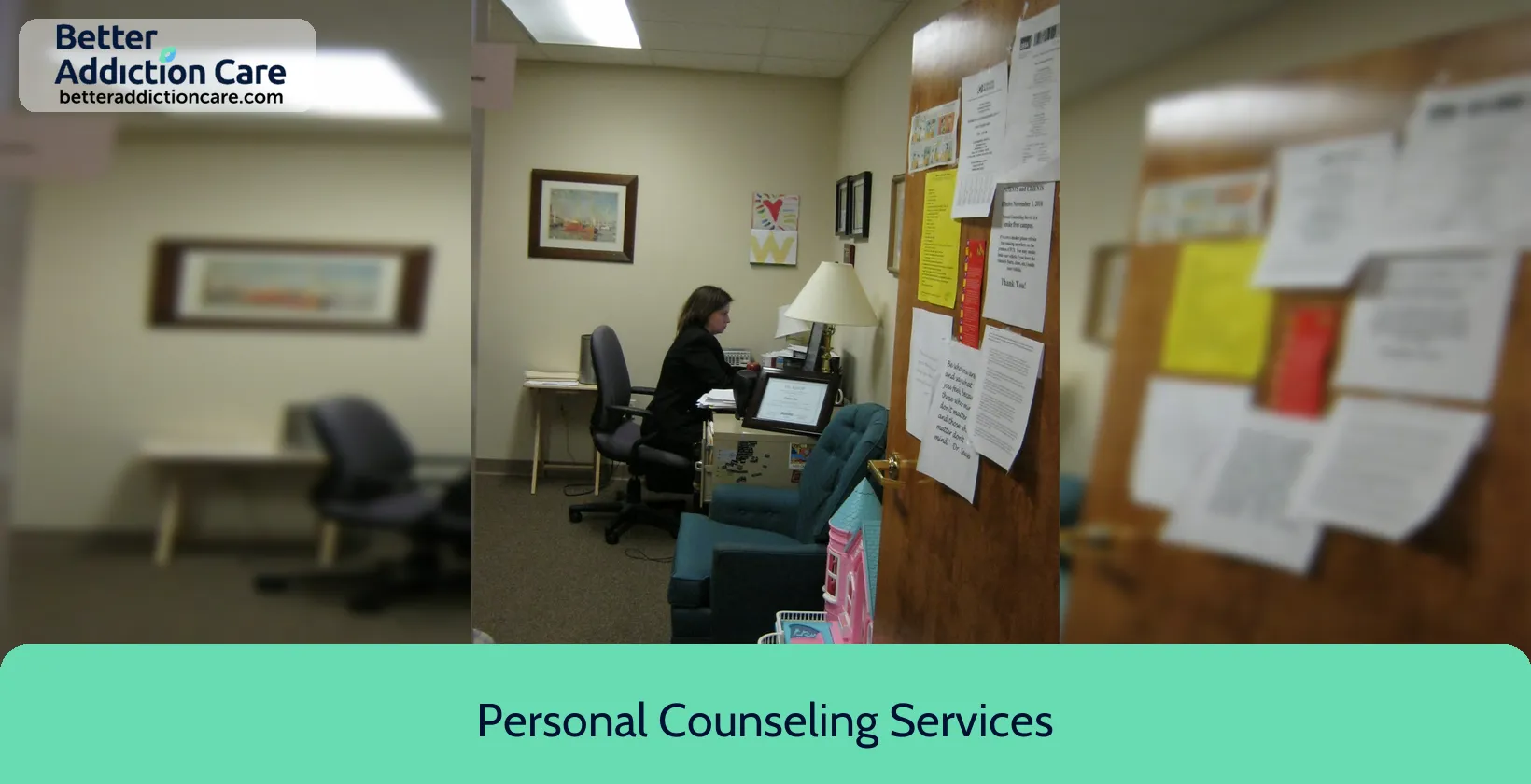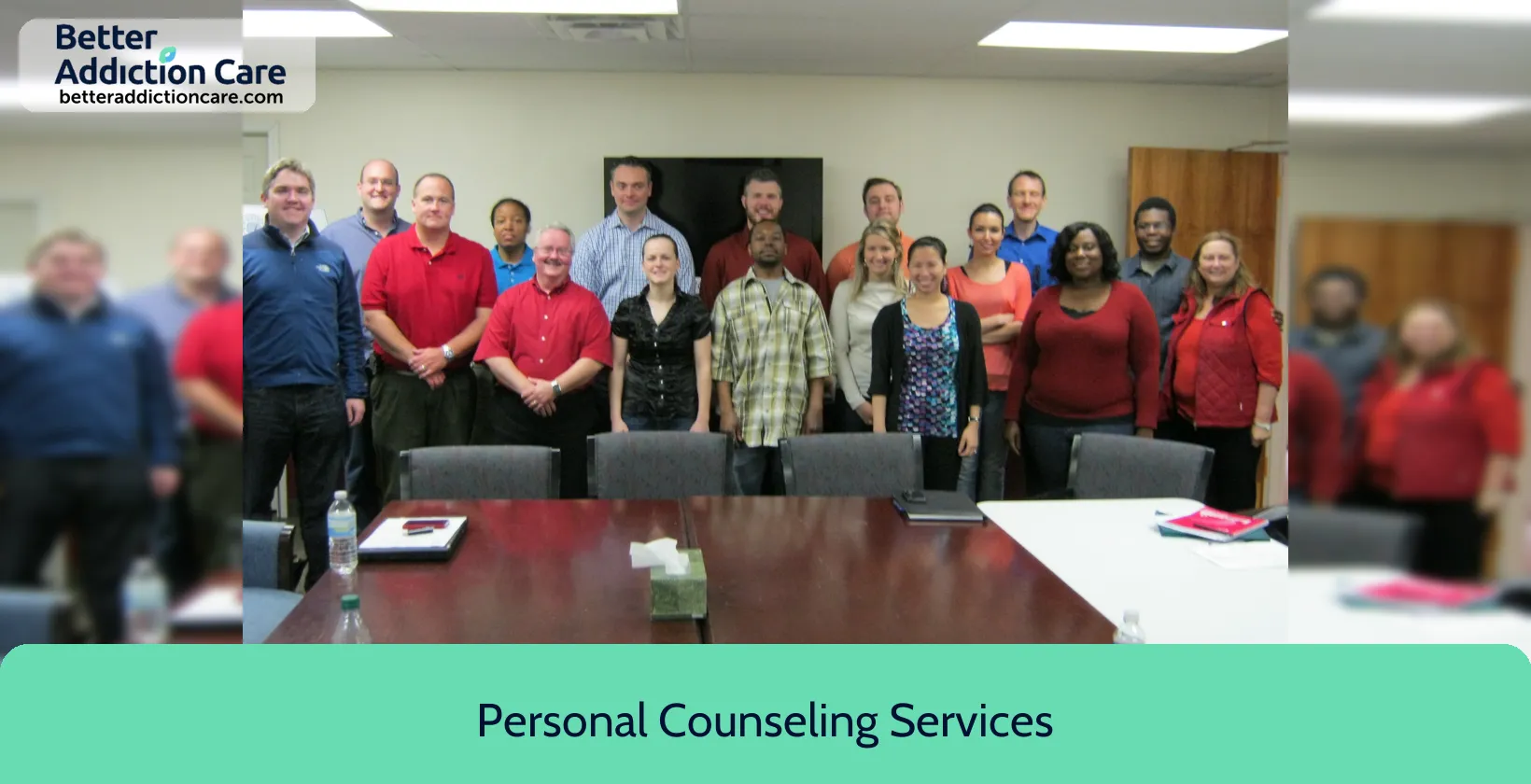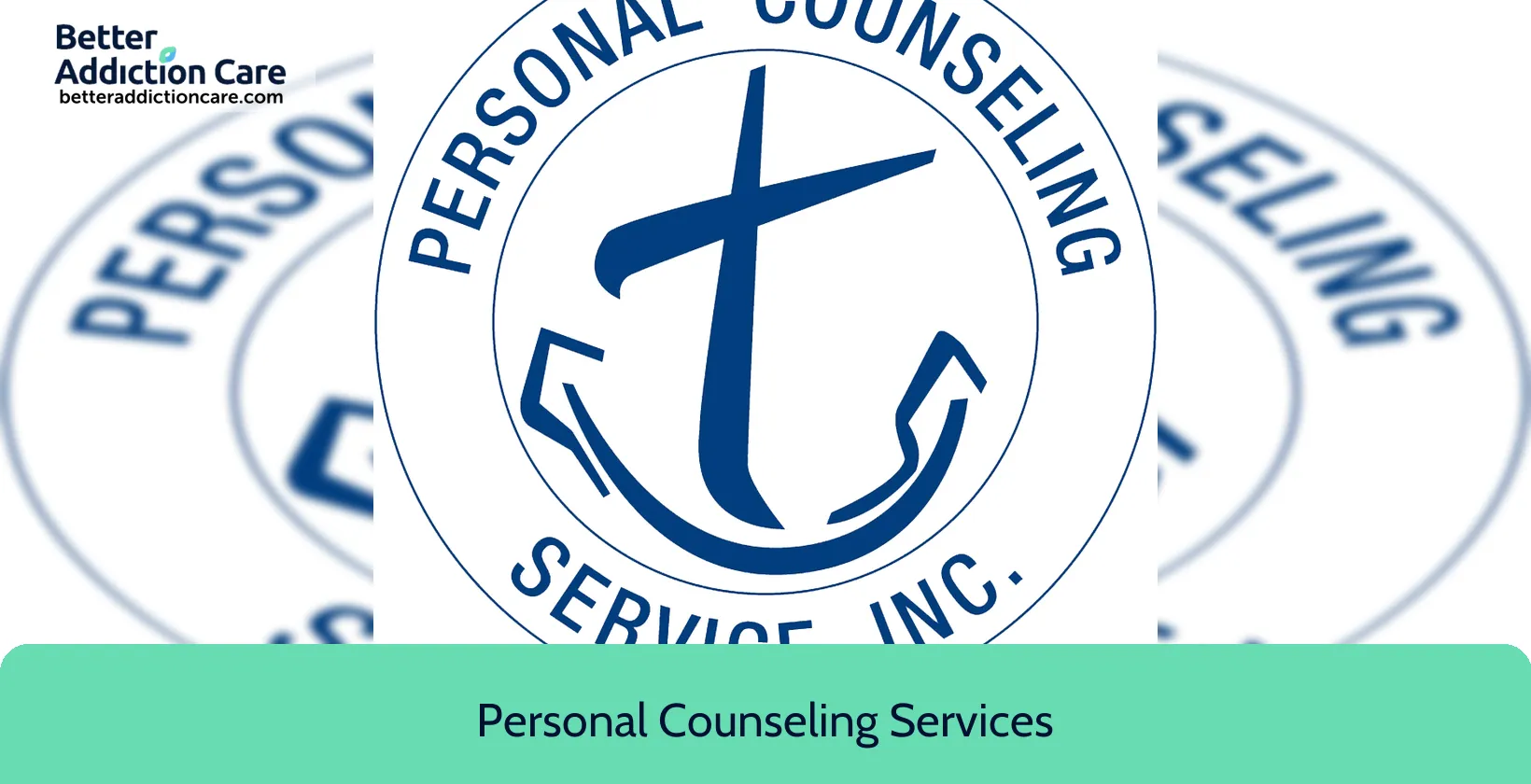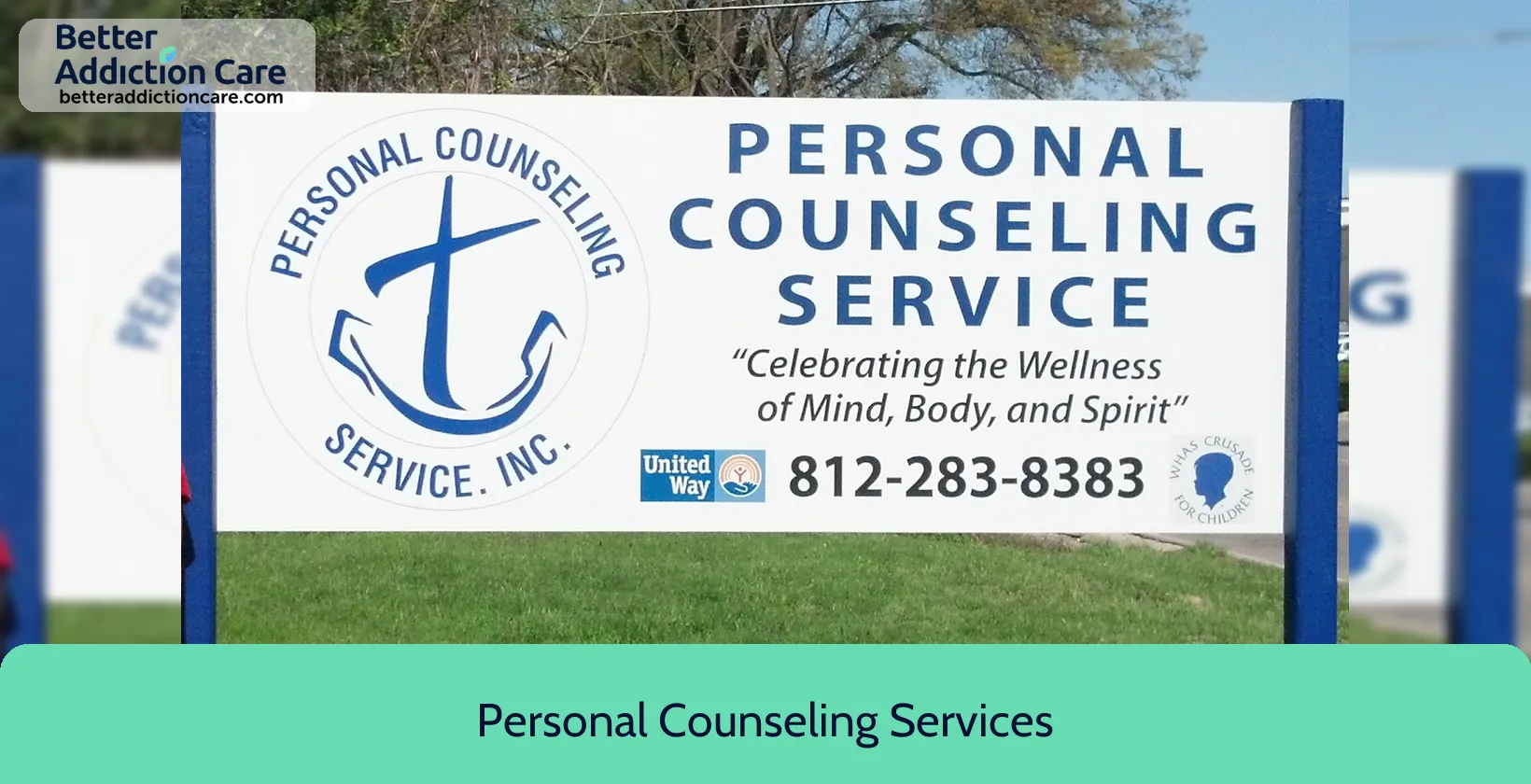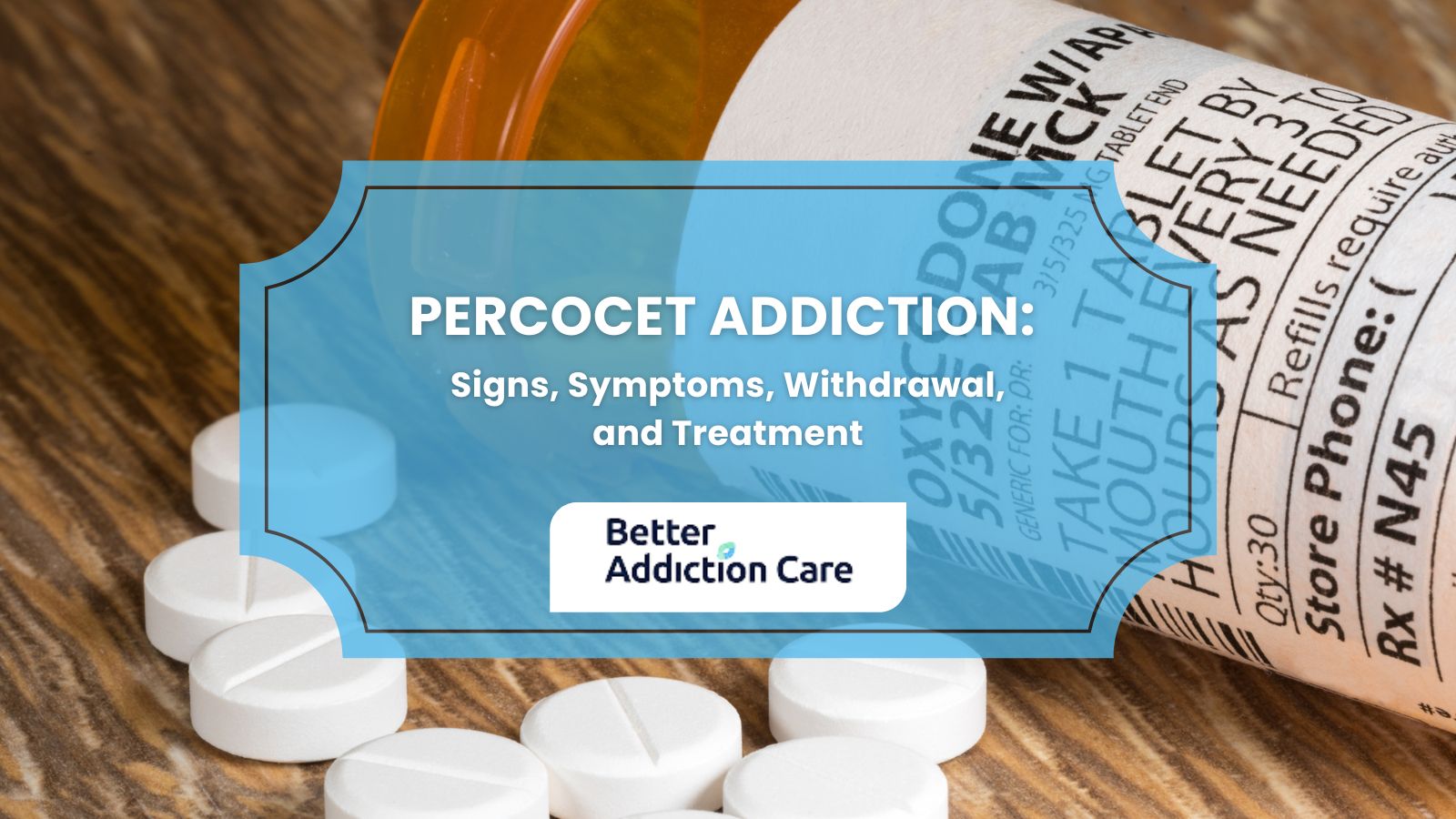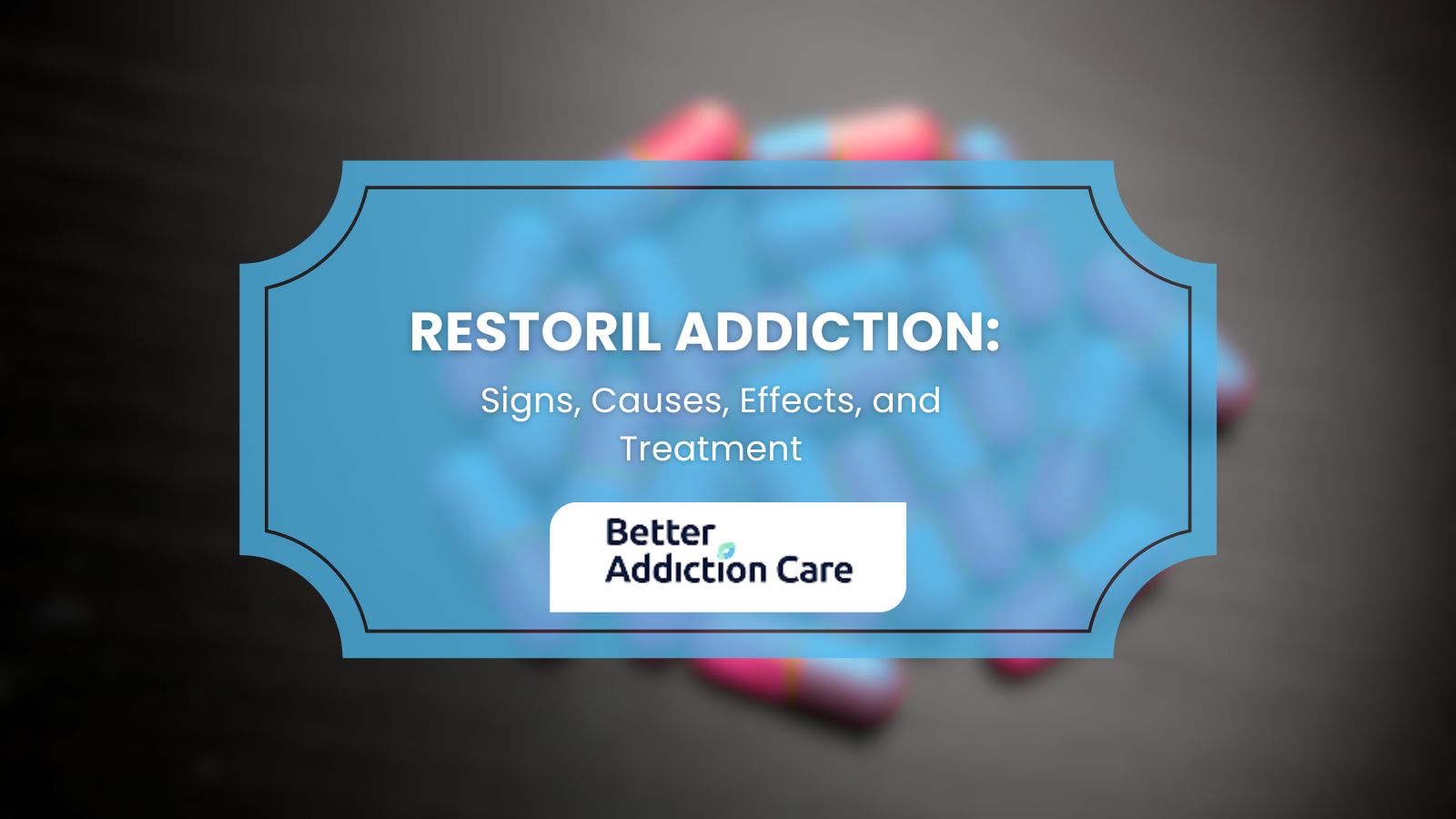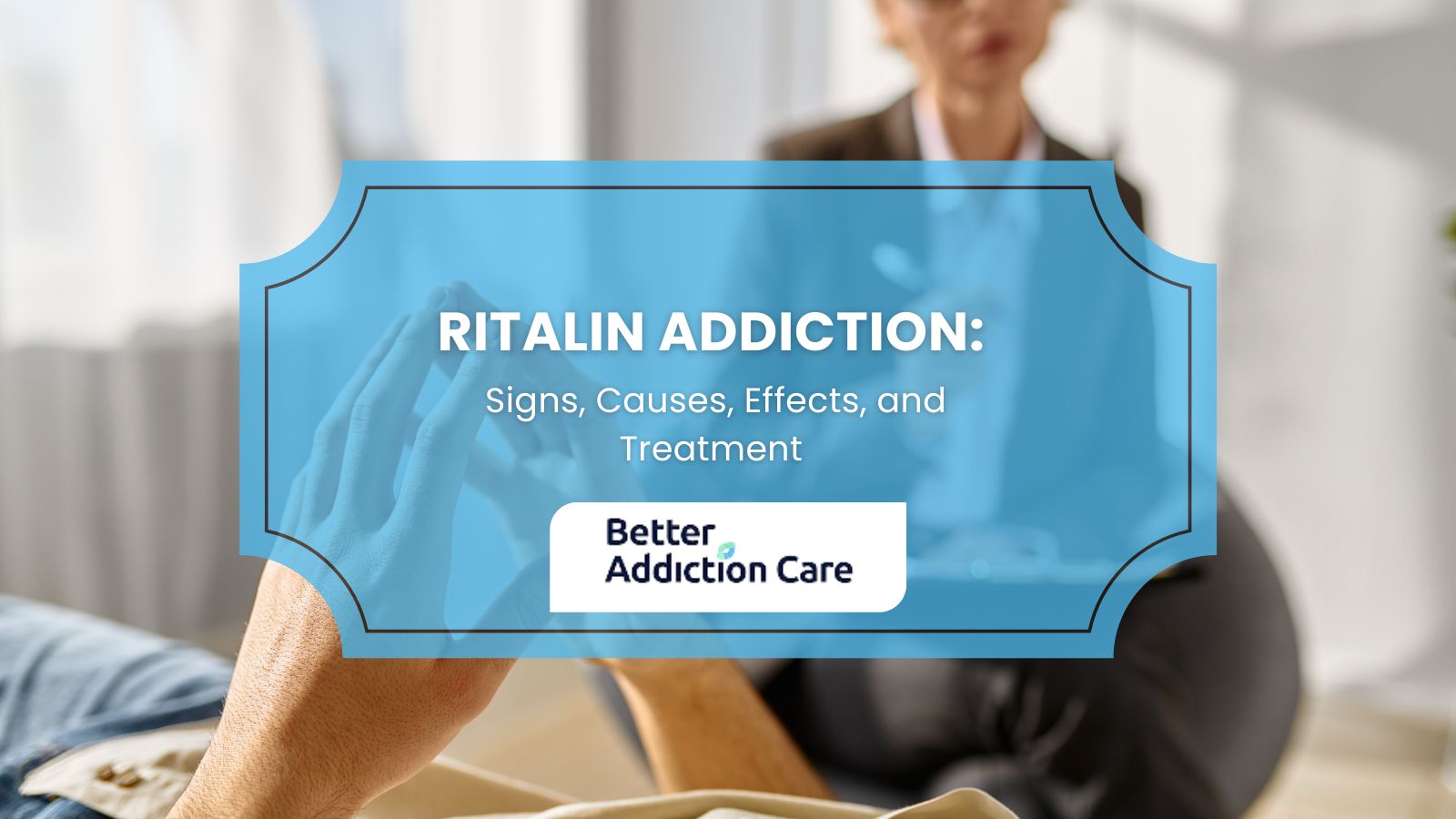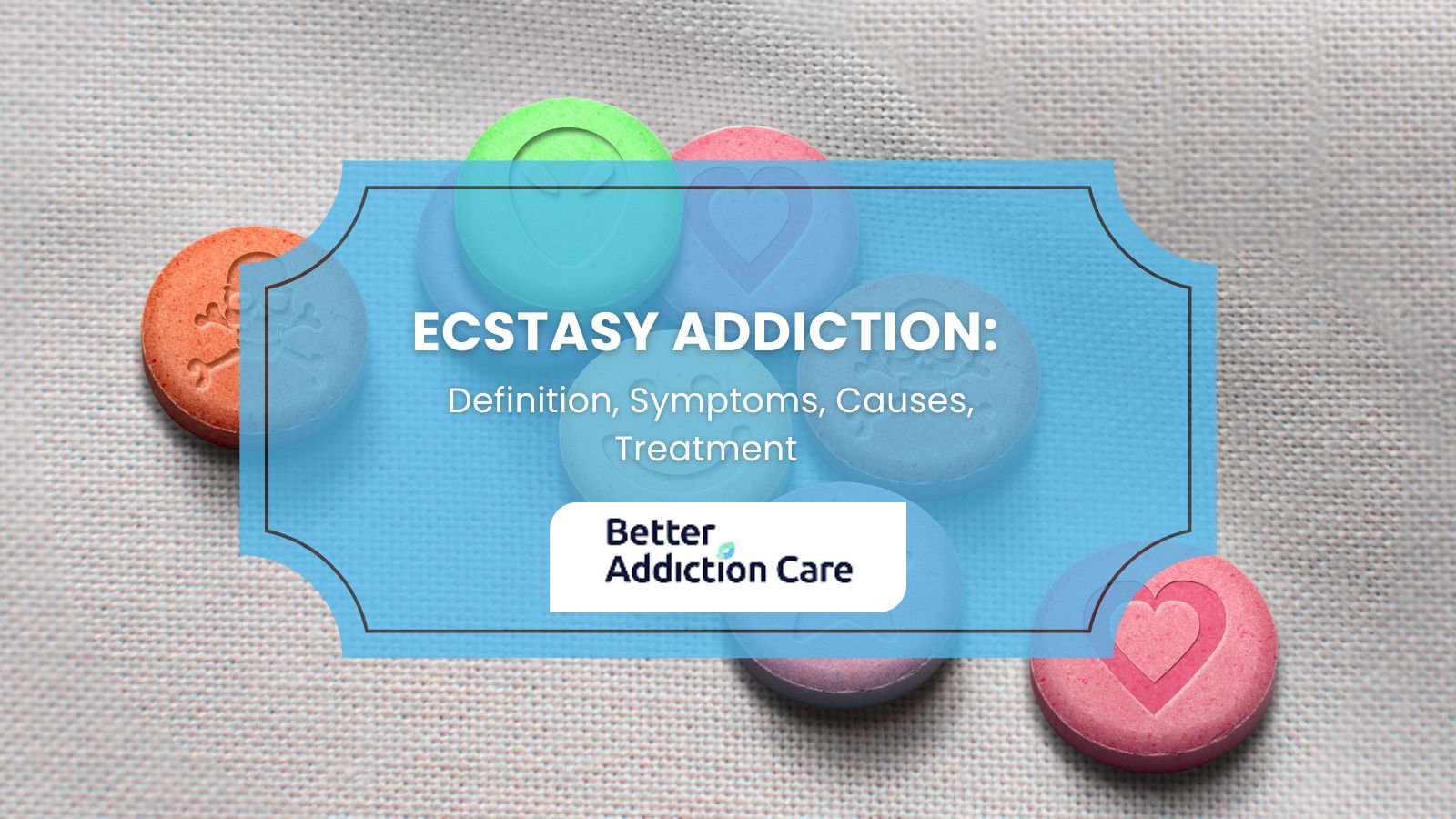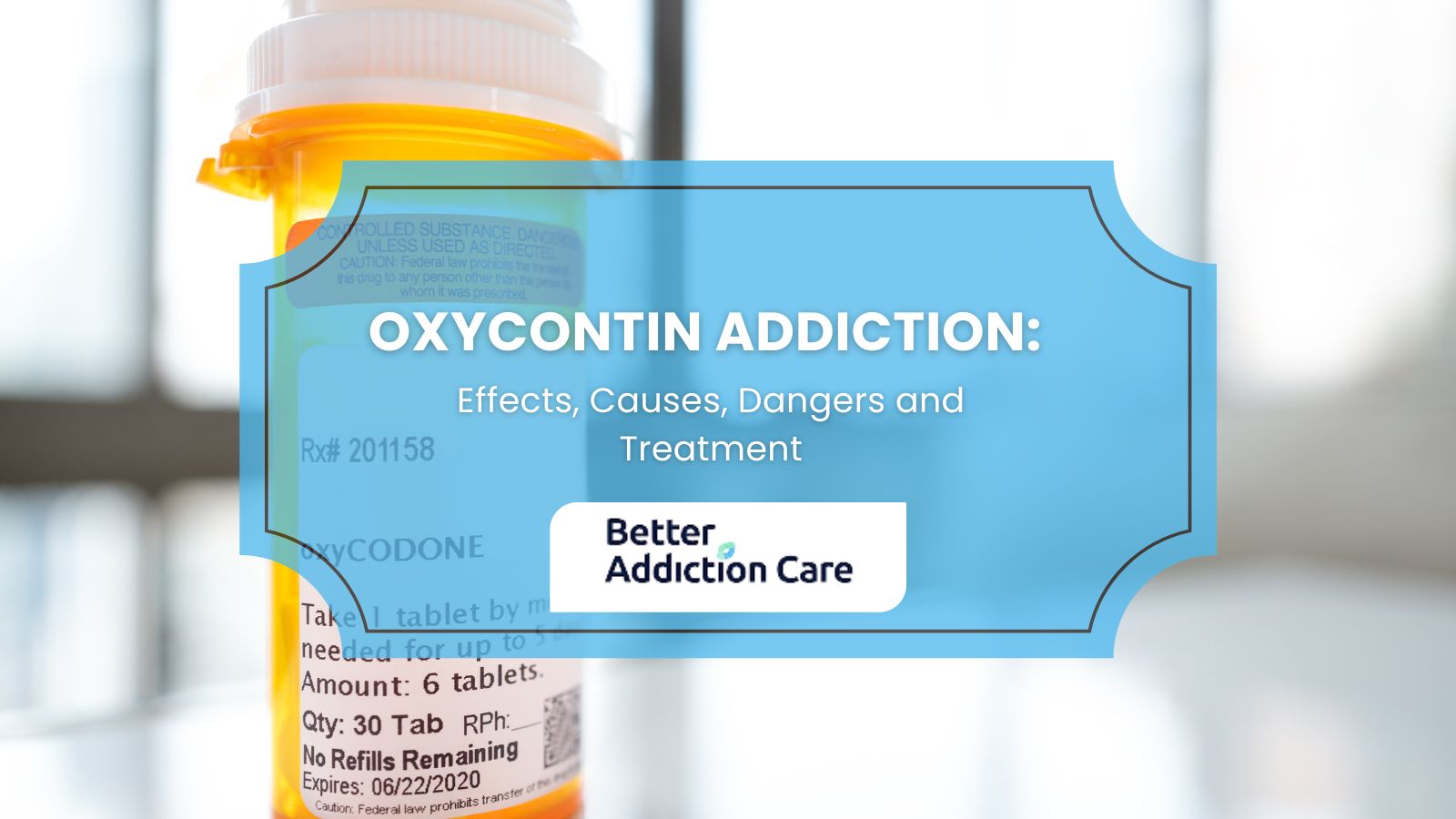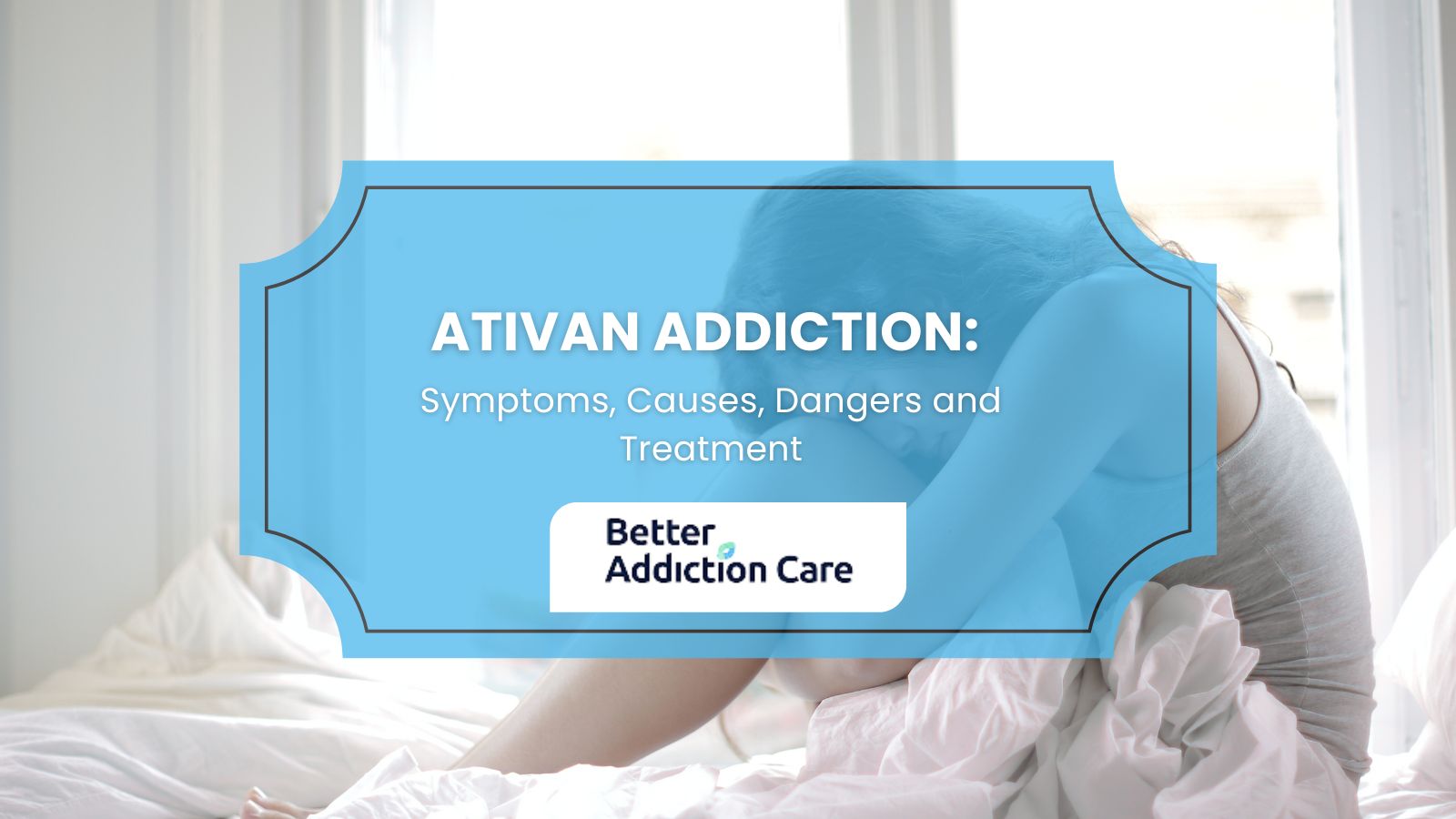Personal Counseling Services
Overview
Personal Counseling Services is a substance abuse treatment center for people seeking treatment near Clark County. As part of their treatment modalities for recovery, Personal Counseling Services provides family counseling, marital/couples counseling, and cognitive behavioral therapy during treatment. Personal Counseling Services is located in Clarksville, Indiana, accepting private health insurance for treatment.
Personal Counseling Services at a Glance
Payment Options
- Private health insurance
- Cash or self-payment
- Medicaid
- State-financed health insurance plan other than Medicaid
- Federal military insurance (e.g., TRICARE)
Assessments
- Comprehensive mental health assessment
- Comprehensive substance use assessment
- Outreach to persons in the community
- Screening for mental disorders
- Screening for substance use
Age Groups
- Adults
- Adolescents
- Young adults
- Children/adolescents
Ancillary Services
- Suicide prevention services
- Domestic violence services, including family or partner
- Mental health services
Highlights About Personal Counseling Services
6.94/10
With an overall rating of 6.94/10, this facility has following balanced range of services. Alcohol Rehabilitation: 8.16/10, Drug Rehab and Detox: 6.00/10, Insurance and Payments: 6.00/10, Treatment Options: 7.58/10.-
Alcohol Rehabilitation 8.16
-
Treatment Options 7.58
-
Drug Rehab and Detox 6.00
-
Insurance and Payments 6.00
Treatment At Personal Counseling Services
Treatment Conditions
- Mental health treatment
- Alcoholism
- Substance use treatment
- Co-occurring Disorders
Care Levels
- Intensive outpatient treatment
- Outpatient
- Regular outpatient treatment
Treatment Modalities
- Family counseling
- Marital/couples counseling
- Cognitive behavioral therapy
- Telemedicine/telehealth therapy
- Substance use disorder counseling
Ancillary Services
Additional Services
- Pharmacotherapies administered during treatment
- Discharge Planning
- Drug or alcohol urine screening
Special Programs
- Clients with co-occurring mental and substance use disorders
- Veterans
- Active duty military
- Members of military families
- Criminal justice (other than DUI/DWI)/Forensic clients
Contact Information
Read our Most Recent Article About Drug Addiction
DISCLAIMER: The facility name, logo and brand are the property and registered trademarks of Personal Counseling Services, and are being used for identification and informational purposes only. Use of these names, logos and brands shall not imply endorsement. BetterAddictionCare.com is not affiliated with or sponsored by Personal Counseling Services.
